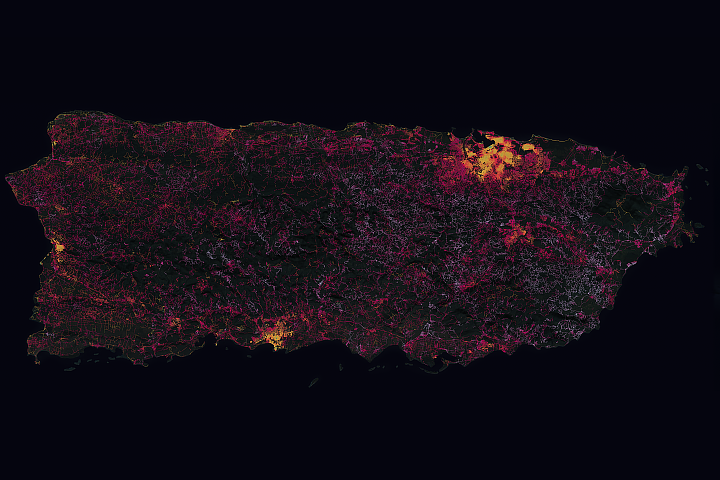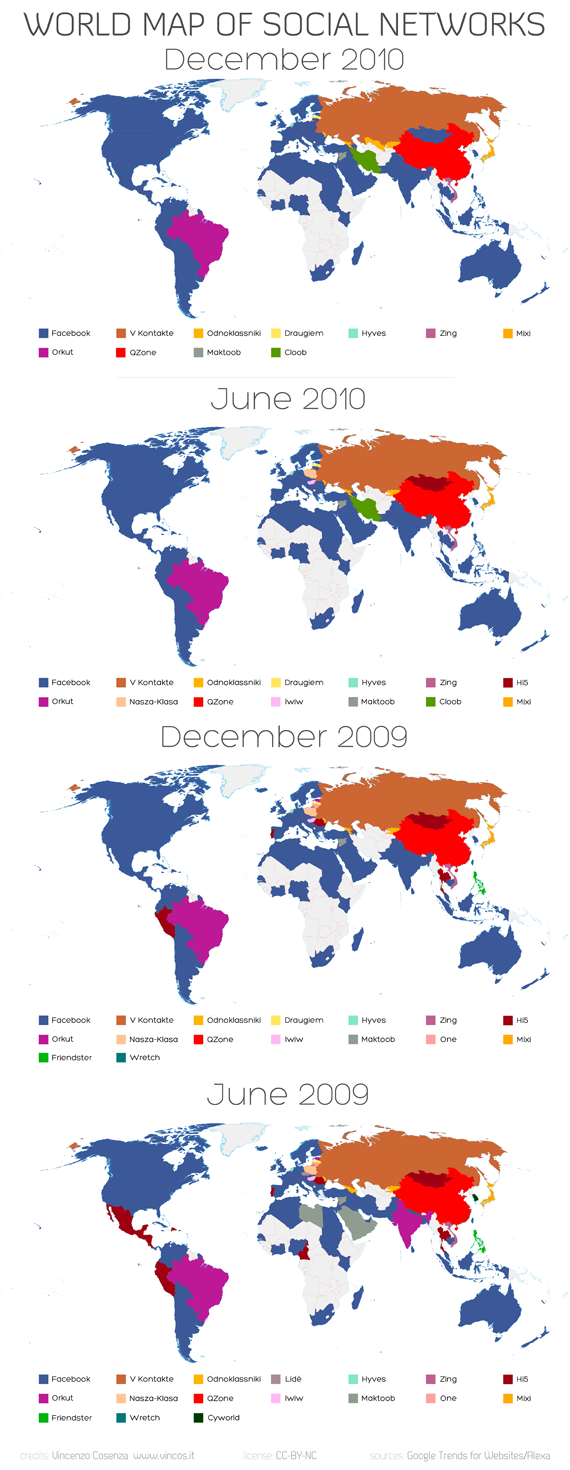A matéria que segue é bem equilibrada revelando diferentes pontos de vista sobre o Egito atual. Recomendo-a:
Eu espero estar enganado sobre meu ceticismo... Acho que o fundamentalismo dará a tônica política futura, pois infelizmente ele tem respostas rápidas à crise, como quando assumiram na Argélia demitindo todas mulheres de seus empregos (e reservando-os aos homens) para diminuir o desemprego (masculino, óbvio), embora eu queira crer que o Egito não é tão 'rural' e inculto quanto a sociedade argelina. Mas, não esqueçamos que muito embora em situações revolucionárias haja toda uma profusão de interesses e vertentes, um grupo dá o tom, como foi o que aconteceu na Rússia revolucionária. E depois, a caça às bruxas...
Veja alguns comentários da matéria acima, com indicações de links para outras que também parecem interessantes:
(...)
Some U.S. officials and analysts say they are not overly worried, noting the continued strong role of the Egyptian military and the fact that the United States gives Egypt more than $1.3 billion a year in military aid. Robert Grenier, the former head of the CIA's counterterrorism center, said, "The Egyptians have as much interest in protecting themselves from violent extremism as everyone else."
But with a new government, "the comfort level with the United States may not be so high. They will be more distrusting," in part because of past U.S. efforts to prop up autocratic regimes, Grenier said.
Egypt's intelligence cooperation is extensive. Its security services have numerous sources in places where the U.S. government does not, such as Gaza and Sudan, according to analysts.
And the Egyptians have built up a trove of information on al-Qaeda and other radical Islamist groups in the Middle East. The Egyptian General Intelligence Service "has the reputation of being one of the best-informed intelligence agencies on Islamist fundamentalism and its international dimensions," according to Jane's intelligence information service.
Bruce Hoffman, a terrorism expert at Georgetown University, noted that during the Cold War, the United States had a window into the Soviet Union through Iran, then a strong U.S. ally.
"We have the same kind of window into Iran and other countries via the Egyptians," he said. "Whatever happens next, this will never be the same."
In addition to passing on intelligence, Egypt's security services have worked closely on operations with their U.S. counterparts, particularly since the Sept. 11, 2001, attacks. The cooperation became public after revelations surfaced that U.S. officials secretly "rendered" terrorism suspects to countries such as Egypt for interrogation. Human rights groups have denounced the practice because of the notorious torture record of those nations' security services.
Hoffman said the use of rendition has been on the decline, however, since the United States and many governments no longer wanted to be associated with it.
In the region, Mubarak's government played an important role in containing the Palestinian group Hamas, by blocking the smuggling of arms and militants into Gaza and supporting Israel's blockade of the strip. And Egypt served as a counterweight to Iran.
"A different government in Cairo may not see Iran as quite the same kind of threat. Or they might just look for ways to use Iran as a foreign-policy lever" in their relationship with the West, Hoffman said.
Some former officials, however, argue that Egypt is likely to continue much of its cooperation. They note the country has every interest in combating terrorism, having suffered years of assassinations and other attacks by extremist Muslim groups. Only last month, 21 people died in a car-bomb attack on a Coptic Christian church in Alexandria.
Grenier predicted the relationship would continue even if the Muslim Brotherhood controlled the next government. If anything, the Brotherhood "understands the extremists better than anyone else. They know that, in revolutionary situations, the moderates are the first to go," said the former CIA official, now chairman of ERG Partners, a consulting firm.
Michele Dunne, another former State Department Middle East expert, agreed that the new Egyptian government will be much more sensitive to public opinion than Mubarak's regime.
"But the U.S. has good counterterrorism cooperation with governments of countries like Turkey," a democratic Muslim nation, said Dunne, now at the Carnegie Endowment for International Peace. "The idea we can't do business with countries responsive to their citizens is a false one."
Indeed, she said, if the future Egyptian government is less repressive, "maybe Egypt won't be producing terrorists" like Ayman al-Zawahiri, an Egyptian who is the No. 2 figure in al-Qaeda.
Many counterterrorism officials and Middle East experts are skeptical that al-Qaeda will benefit from Egypt's political upheaval, at least in the short run. Al-Qaeda and the Muslim Brotherhood have been foes for decades, and polls show that Egyptians overwhelmingly reject the group's brutal methods and rigid ideology.
Al-Qaeda opposes the kind of democracy that millions of Egyptians called for in the 18 days of mass demonstrations that led to Mubarak's toppling.
"The developments in Egypt are actually devastating to al-Qaeda," said J. Scott Carpenter, a Middle East expert with the Washington Institute for Near East Policy.














No comments:
Post a Comment